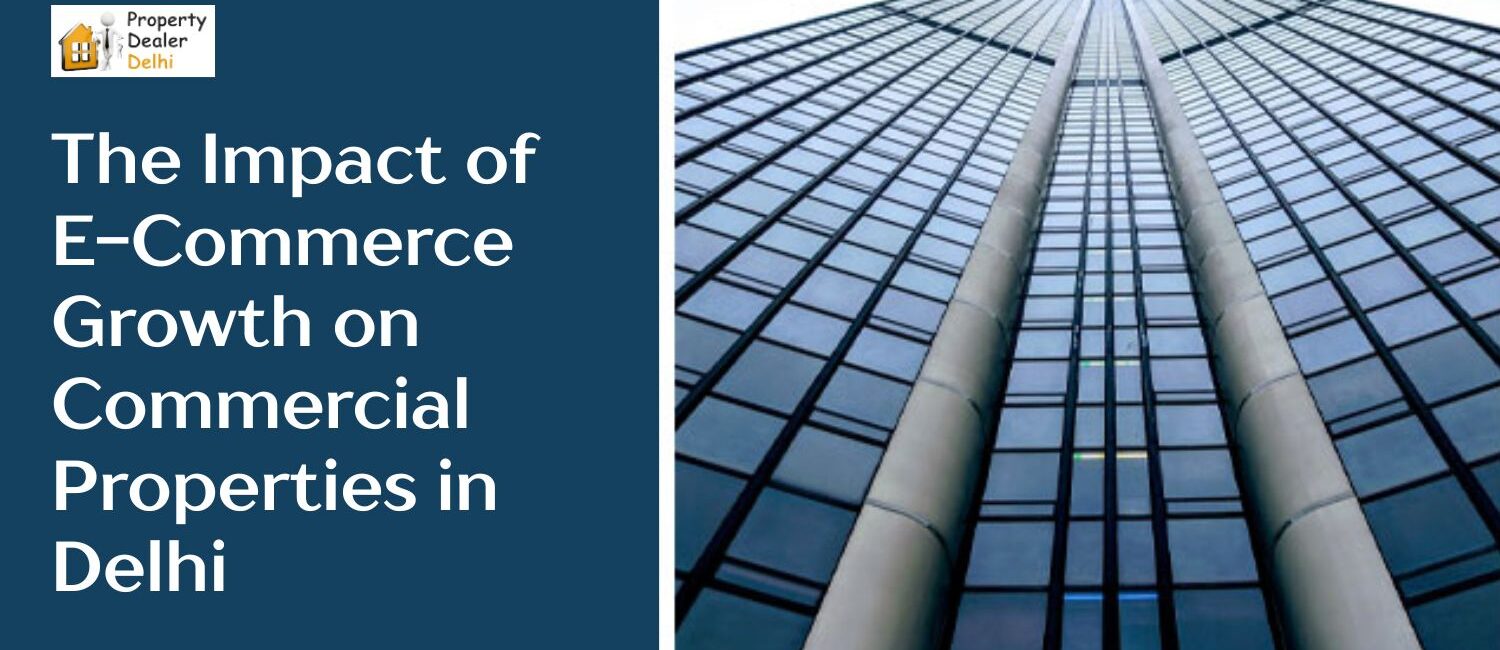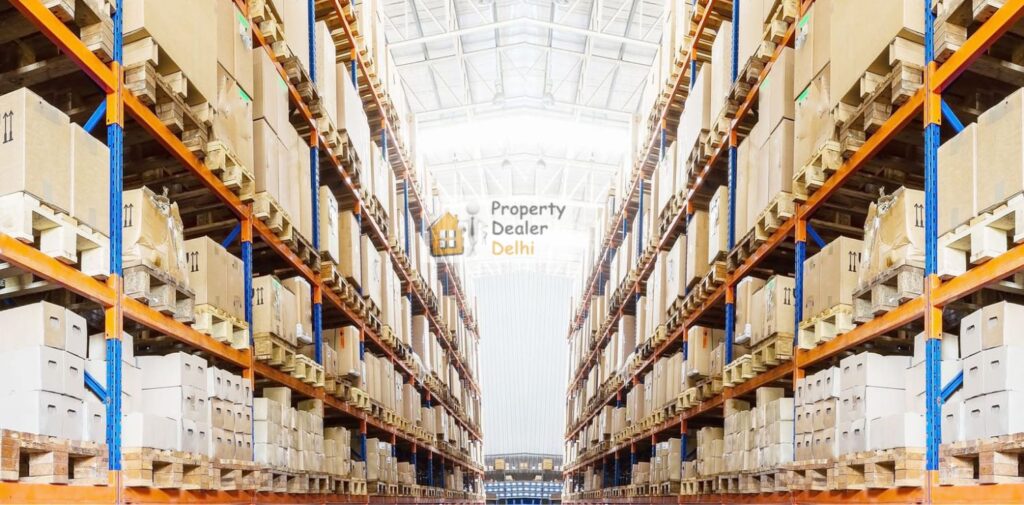
In recent years, e-commerce has experienced significant growth in India, with Delhi emerging as one of the primary hubs for online businesses. As more consumers shop online and businesses embrace digital platforms, the demand for physical commercial properties in Delhi is undergoing a transformation.This article explores how the rise of e-commerce is impacting commercial properties in the capital city and what businesses and investors need to know.
Changing Demand for Retail Spaces
The growth of e-commerce has led to a shift in how retail businesses operate. Traditional brick-and-mortar stores that once dominated Delhi’s commercial real estate landscape are facing increased competition from online retailers. Consumers are now opting for the convenience of shopping from home, leading to a decrease in foot traffic to physical retail stores.
This shift has resulted in a reduced demand for large retail spaces in prime areas of the city, such as Connaught Place or Khan Market. In contrast, there has been a rising interest in smaller, more cost-effective retail spaces, particularly for businesses that require a physical presence for brand visibility or customer experience but also rely on online sales. Retailers are increasingly adopting an omnichannel approach, combining both physical and online sales to cater to the evolving needs of their customers.

Rise of Warehousing and Logistics Facilities
While the demand for traditional retail spaces has slowed down, e-commerce growth has sparked a boom in the warehousing and logistics sector. With more businesses relying on fast and efficient delivery systems, there is an increasing need for warehouses and distribution centers in and around Delhi.
The demand for such properties has increased in areas like Dwarka, Najafgarh, and other industrial zones near the city. E-commerce companies require large, strategically located warehouses to store products, manage inventories, and ensure quick deliveries. As a result, commercial properties that offer warehouse facilities are in high demand, leading to a significant rise in the development of logistics parks and warehouse spaces.
Changes in Office Space Requirements
The rise of e-commerce has also impacted the demand for office spaces in Delhi. Traditional office spaces in prime commercial areas, designed for conventional business models, are no longer as attractive to e-commerce businesses. Online companies, especially startups, often prioritize flexibility, scalability, and cost-effectiveness, which has resulted in a growing interest in co-working spaces and flexible office spaces.
These modern workspaces offer businesses the option to scale up or down quickly without being tied to long-term leases, making them a preferred choice for e-commerce companies. As a result, areas like Cyber City in Gurgaon and Noida, which are easily accessible from Delhi, have seen a rise in co-working spaces and smaller office setups. This change in office space requirements is pushing traditional office buildings to adapt by offering more flexible layouts and services.

Impact on Real Estate Investment Strategies
E-commerce growth is changing how investors view commercial properties in Delhi. Traditional retail properties are no longer the most attractive investment option for many. Instead, investors are looking at the booming warehousing and logistics sector as a promising avenue for returns. With the rise of e-commerce, there is also greater interest in industrial properties, which are now seen as high-yield investments.
On the other hand, investors focusing on office spaces are considering the increased demand for flexible and co-working spaces. As more businesses embrace remote working and hybrid work models, investing in co-working spaces and smaller office units is becoming an attractive option. This trend is influencing how developers approach the construction of new commercial properties, with many opting to design multi-purpose spaces that can cater to various needs.
Conclusion: E-Commerce Growth on Commercial Properties in Delhi
The growth of e-commerce has brought significant changes to the commercial property landscape in Delhi. While traditional retail spaces are seeing reduced demand, the warehousing and logistics sectors are booming, offering new investment opportunities. The demand for office spaces is shifting toward co-working and flexible layouts as e-commerce companies adapt to modern business models. For investors and businesses, understanding these changes is crucial in making smart decisions in Delhi’s evolving commercial real estate market. As e-commerce continues to grow, the impact on commercial properties will only intensify, making it essential to stay informed and adapt to these shifting trends.

